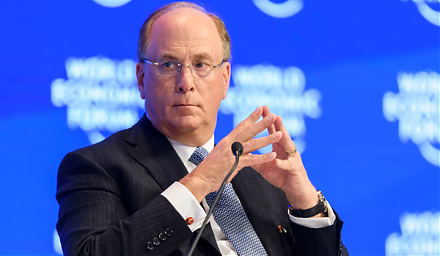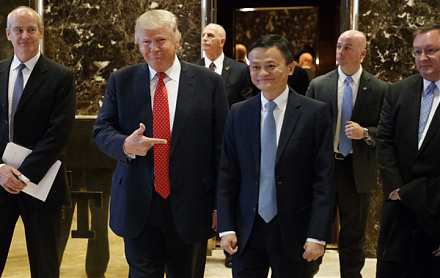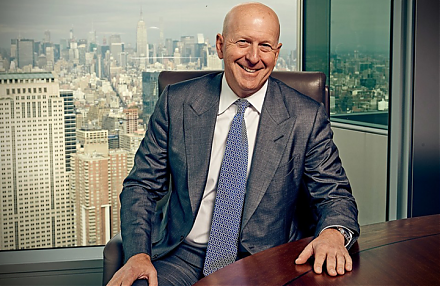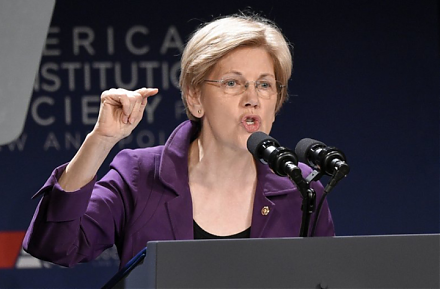

2019-06-29 17:30:00 Sat ET
stock market competition macrofinance stock return s&p 500 financial crisis financial deregulation bank oligarchy systemic risk asset market stabilization asset price fluctuations regulation capital financial stability dodd-frank
Nobel Laureate Joseph Stiglitz proposes the primary economic priorities in lieu of neoliberalism. Neoliberalism includes lower taxation, deregulation, social welfare minimalism, and less government intervention. This ideology has become the root cause of socioeconomic problems such as wage stagnation, income and wealth inequality, market power concentration, and environmental degradation.
In response, Stiglitz recommends 3 major economic policy prescriptions. First, the benevolent social planner should better balance free markets, civil communities, and state mechanisms. The government better shapes and facilitates markets and communities by investing in basic research, technology, high education, affordable health care, and infrastructure. This public investment pays well in terms of more connective communities and market mechanisms.
Second, wealth creation arises from scientific inquiry and social organization that collectively allow people to work together for the common good. Free markets still facilitate most social cooperation, but they serve this major purpose only if market participants are subject to democratic checks and balances and the rule of law.
Third, the government can curb corporate rent protection that might emerge from information advantages, hostile takeovers, or other entry barriers. The government has to sever the nexus between market power and political influence. The current public investment reform should focus on higher education, research, technology, affordable health care, and infrastructure.
If any of our AYA Analytica financial health memos (FHM), blog posts, ebooks, newsletters, and notifications etc, or any other form of online content curation, involves potential copyright concerns, please feel free to contact us at service@ayafintech.network so that we can remove relevant content in response to any such request within a reasonable time frame.
2018-01-09 08:33:00 Tuesday ET

BlackRock CEO Larry Fink emphasizes his key conviction that public corporations should make a positive contribution to society apart from boosting the botto
2018-07-07 10:33:00 Saturday ET

The east-west tech rivalry intensifies between BATs (Baidu, Alibaba, and Tencent) and FAANGs (Facebook, Apple, Amazon, Netflix, and Google). These Sino-U.S.
2018-05-11 09:37:00 Friday ET

OPEC countries have cut the global glut of oil production in recent years while the resultant oil price has surged from $30 to $78 per barrel from 2015 to 2
2018-03-09 08:33:00 Friday ET

David Solomon succeeds Lloyd Blankfein as the new CEO of Goldman Sachs. Unlike his predecessors Lloyd Blankfein and Gary Cohn, Solomon has been an investmen
2019-04-29 08:35:00 Monday ET

IMF chief economist Gita Gopinath predicts no global recession with key downside risks at this delicate moment. First, trade tensions remain one of the key
2023-12-10 09:23:00 Sunday ET

U.S. federalism and domestic institutional arrangements A given country is federal when both of its national and sub-national governments exercise separa